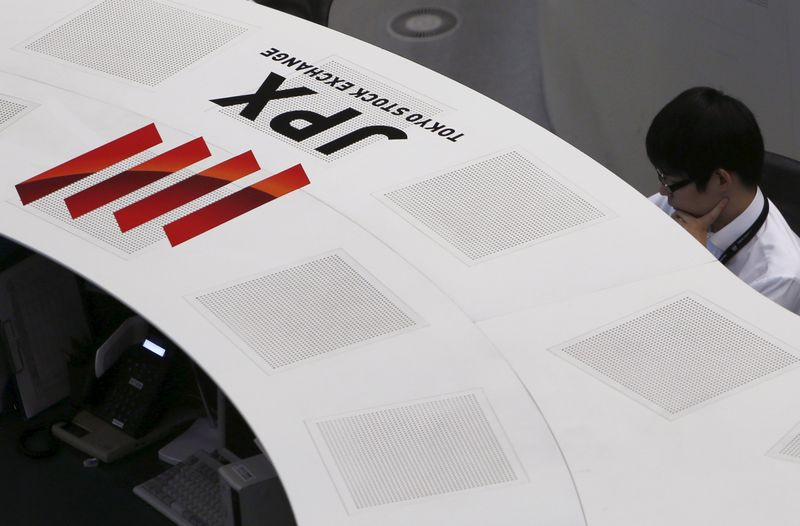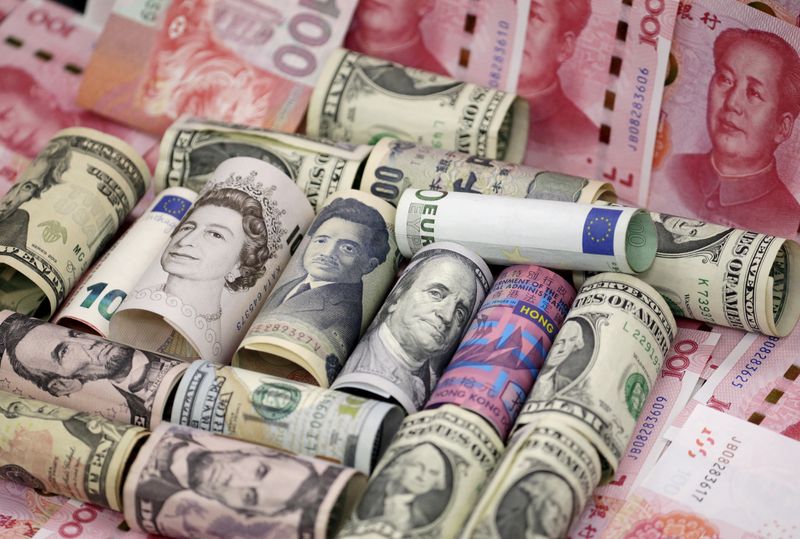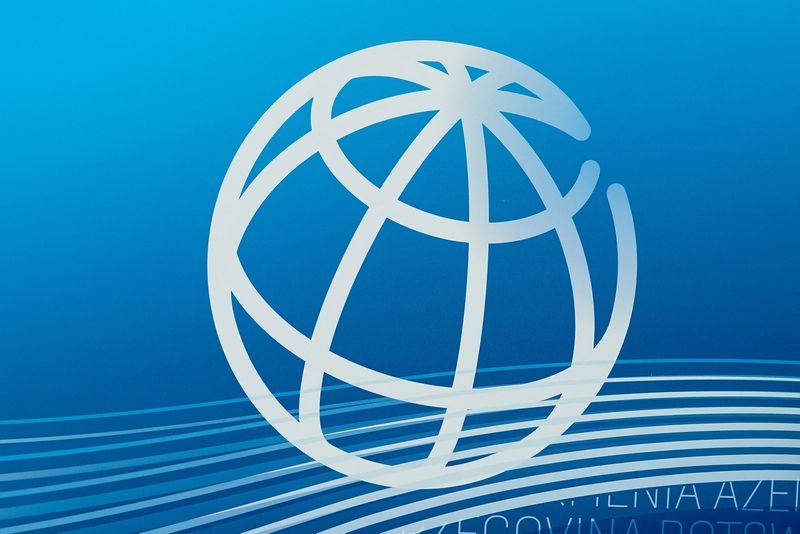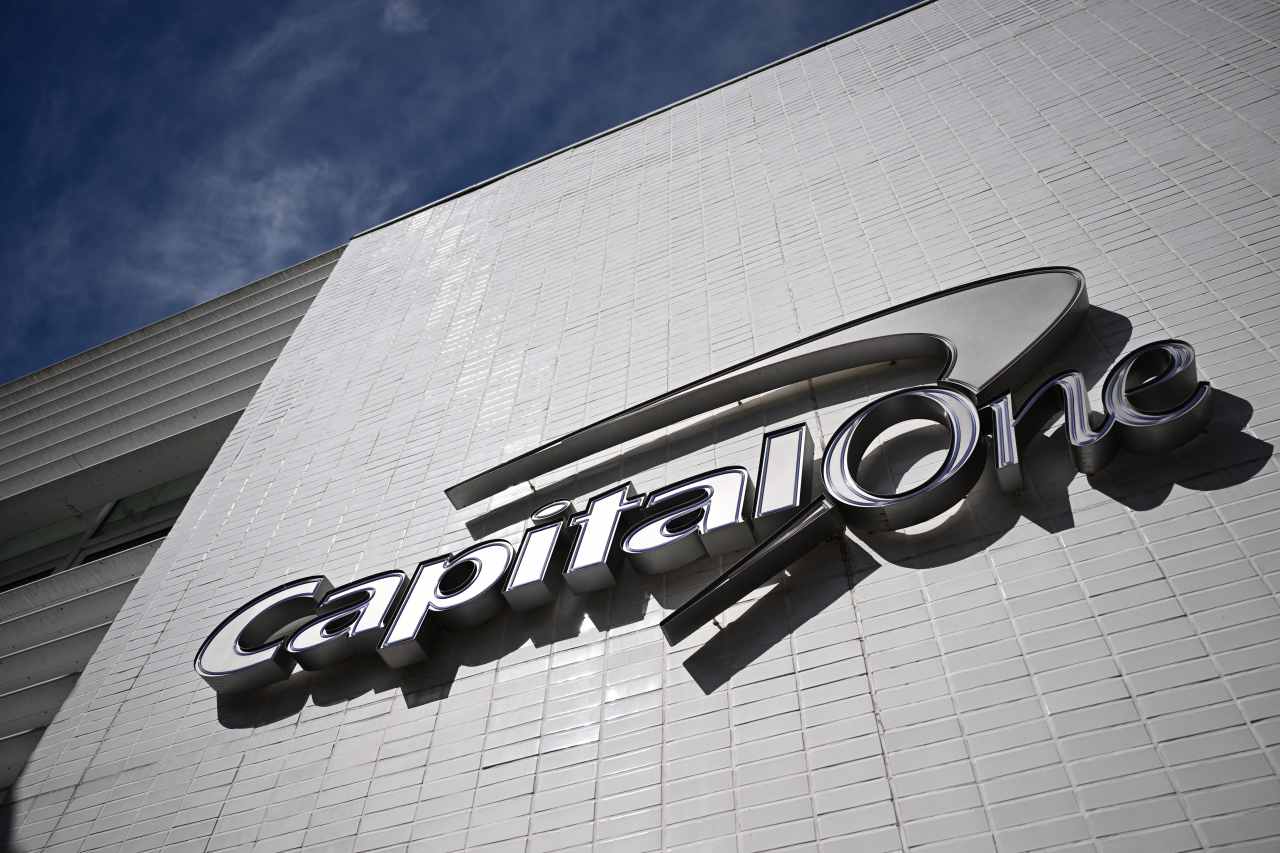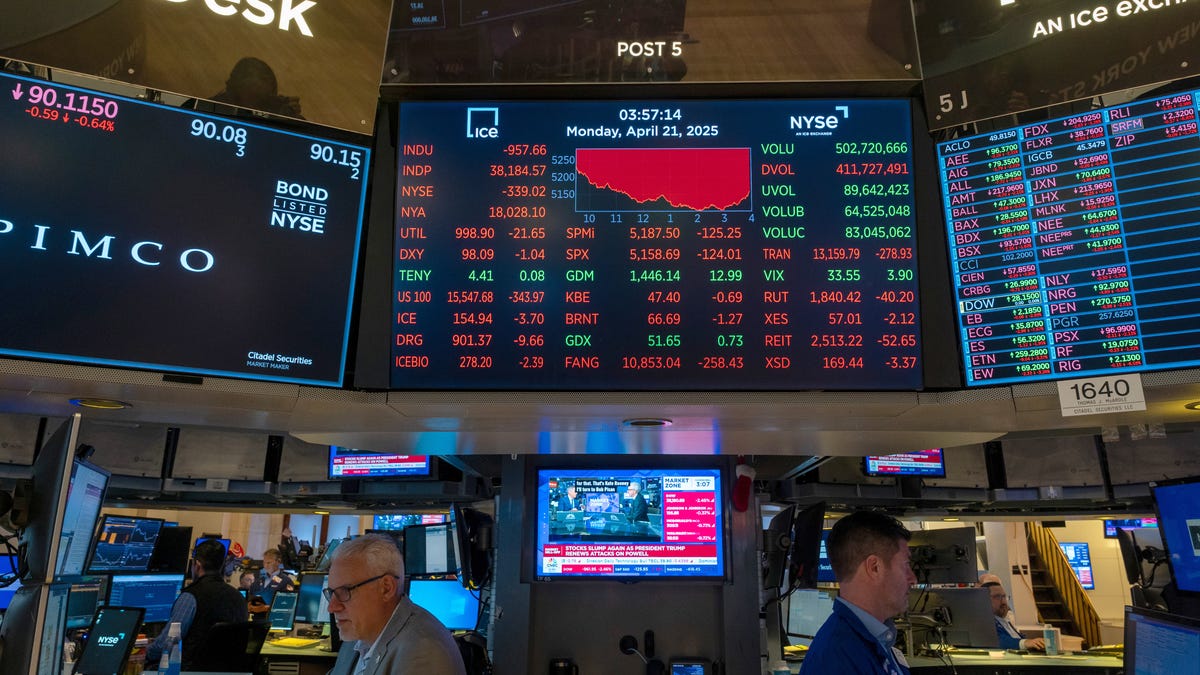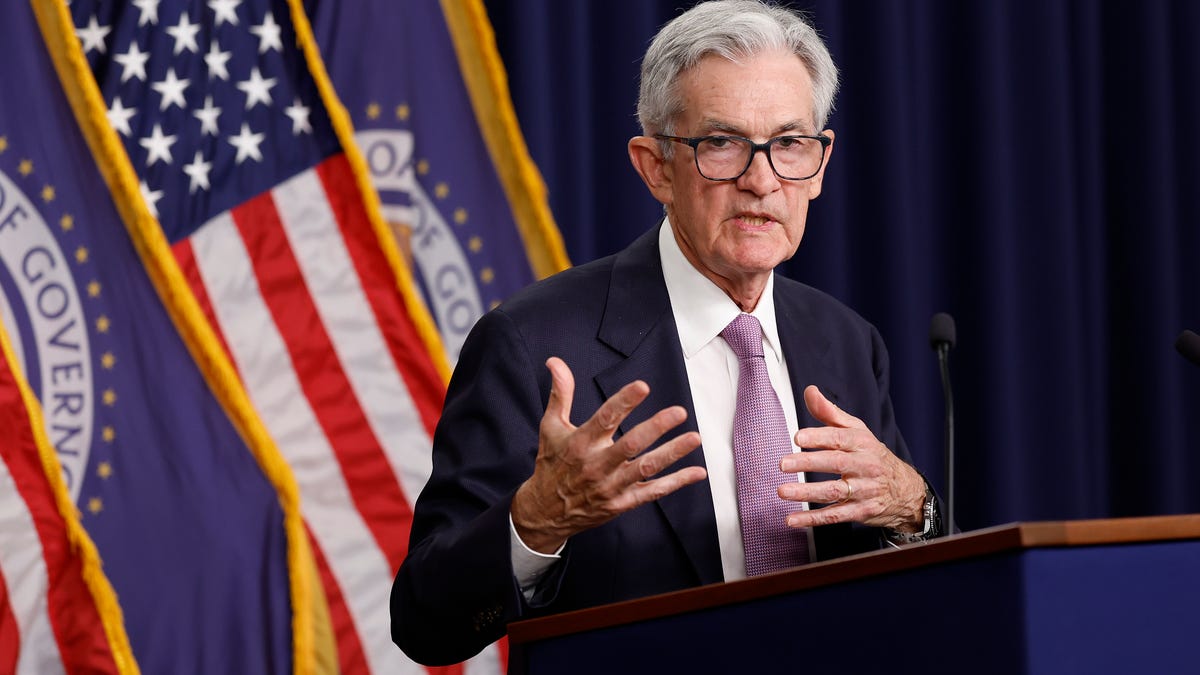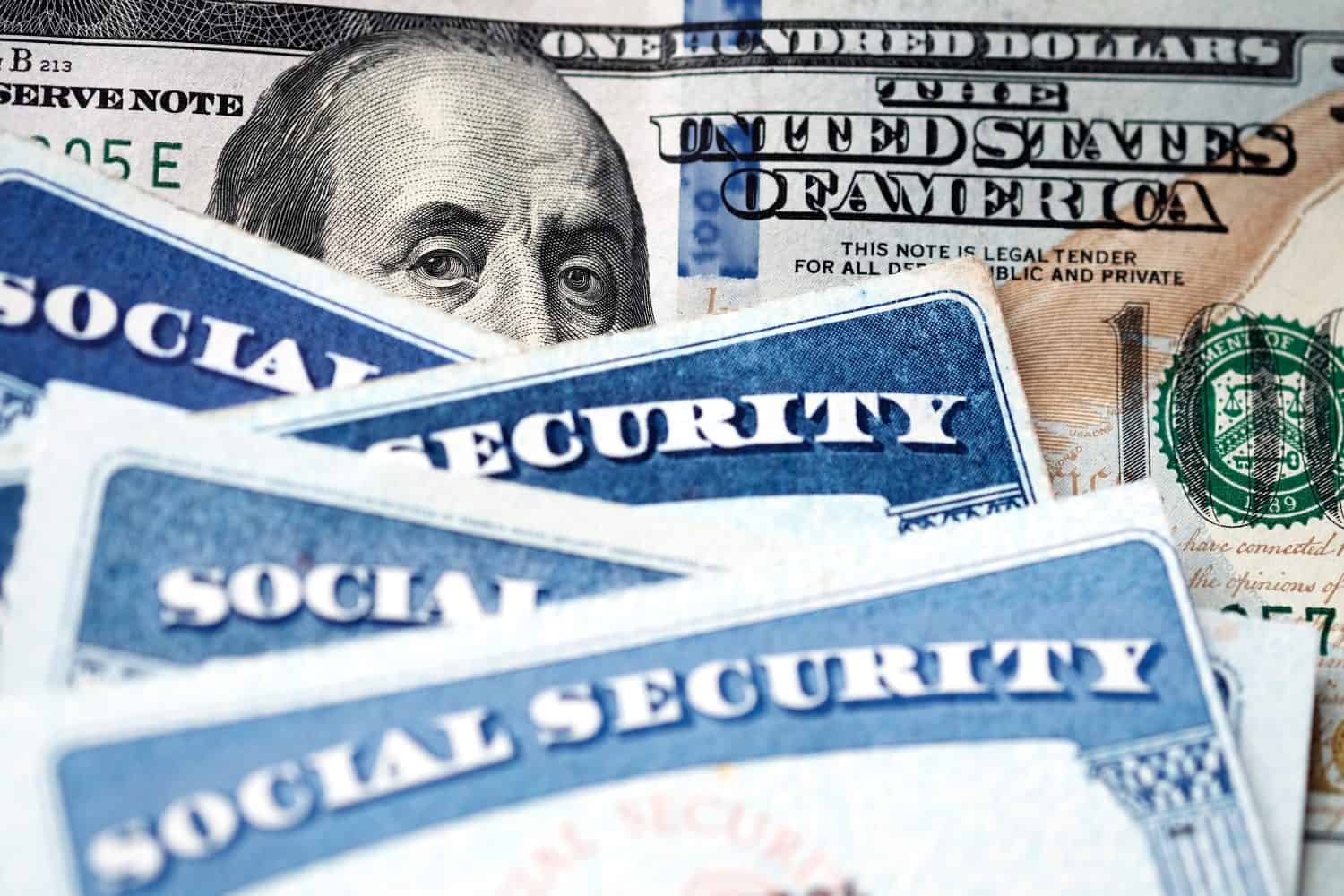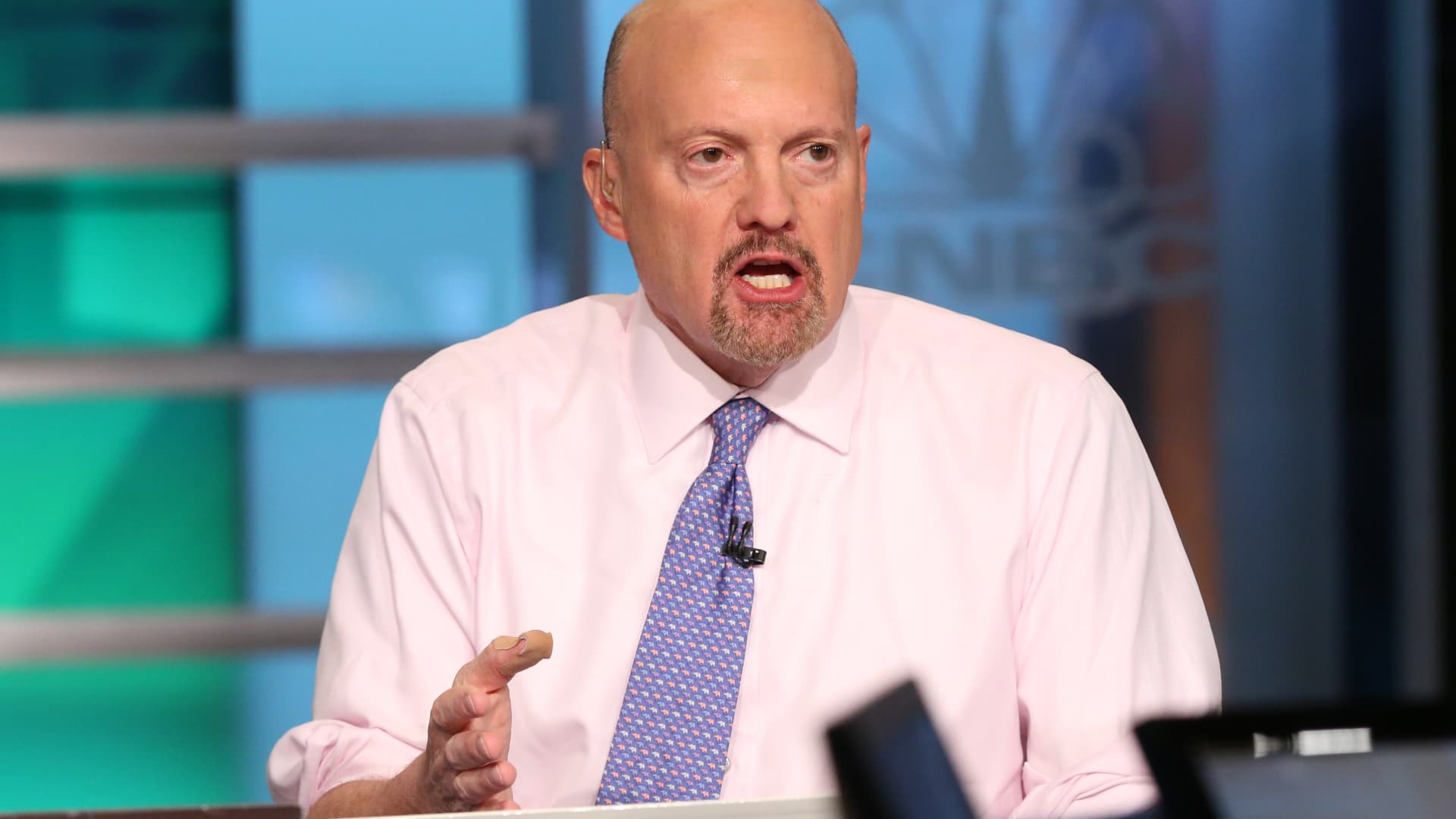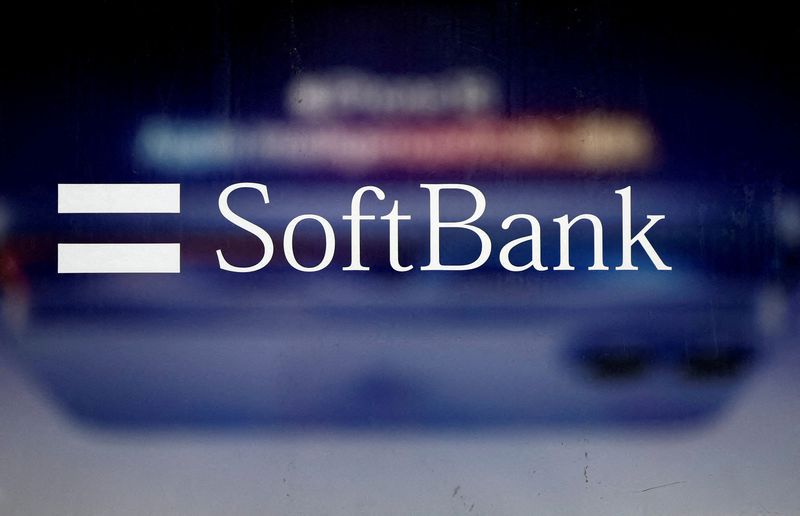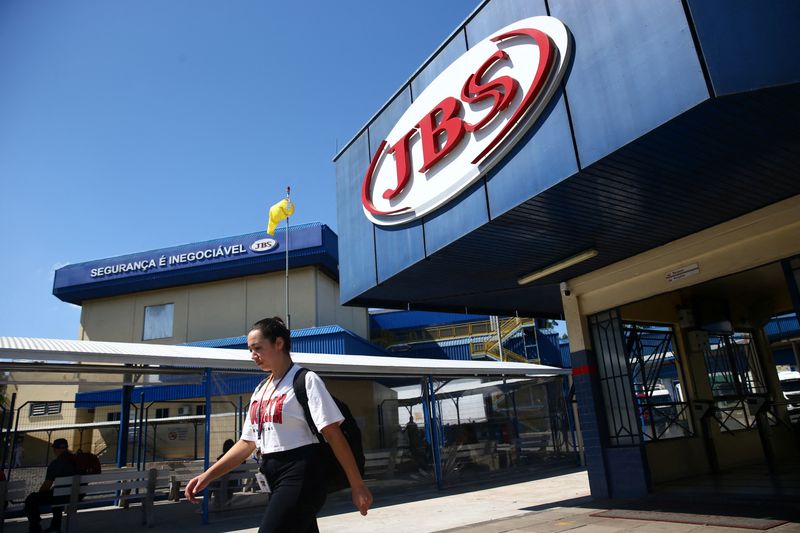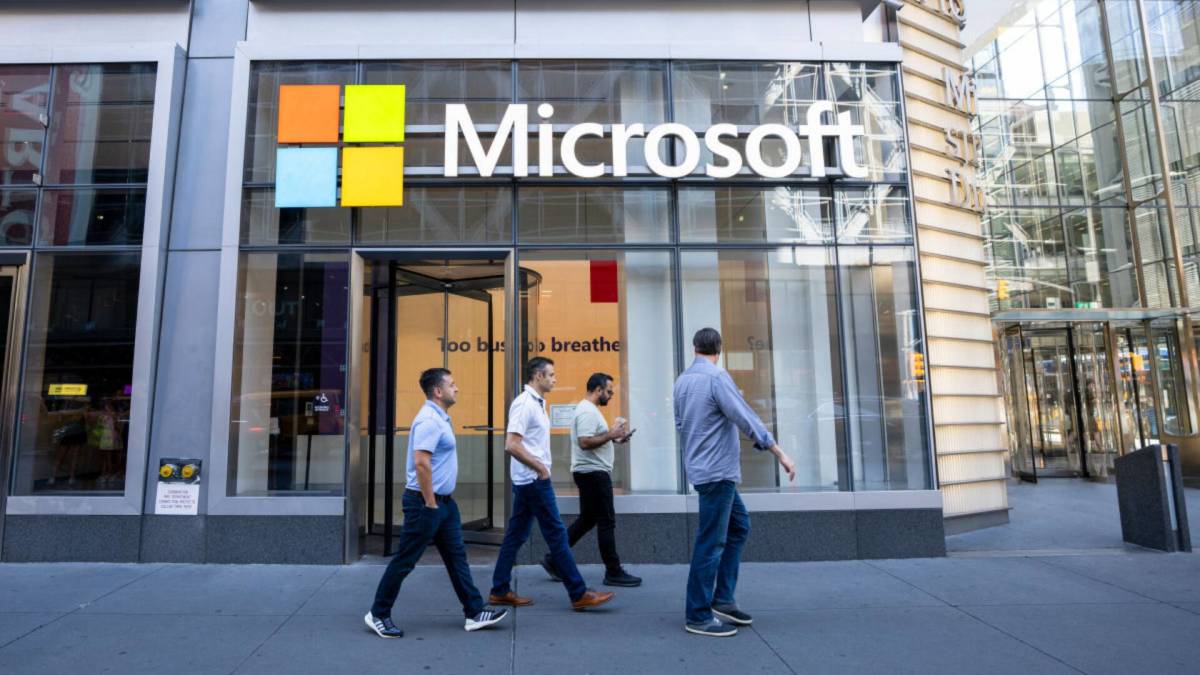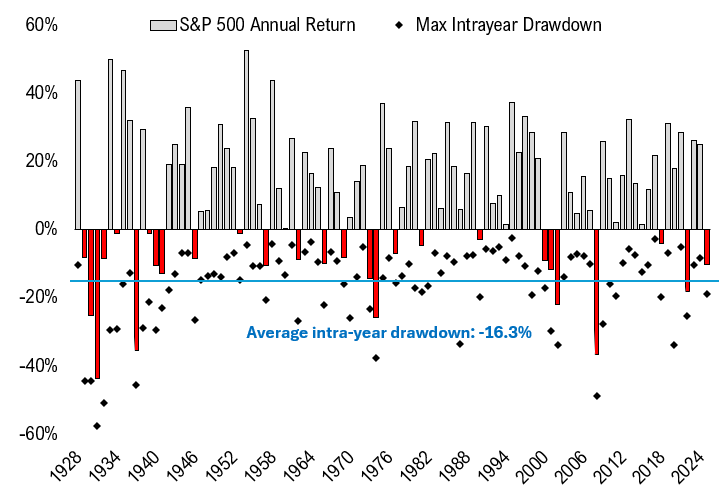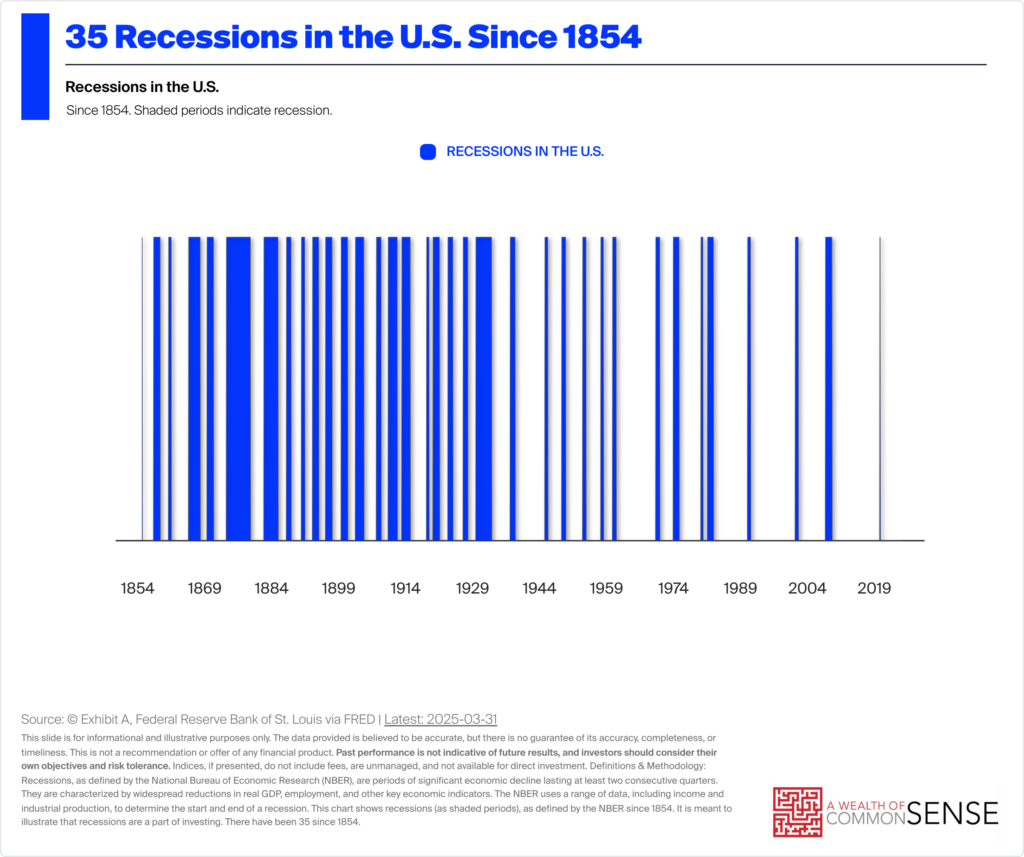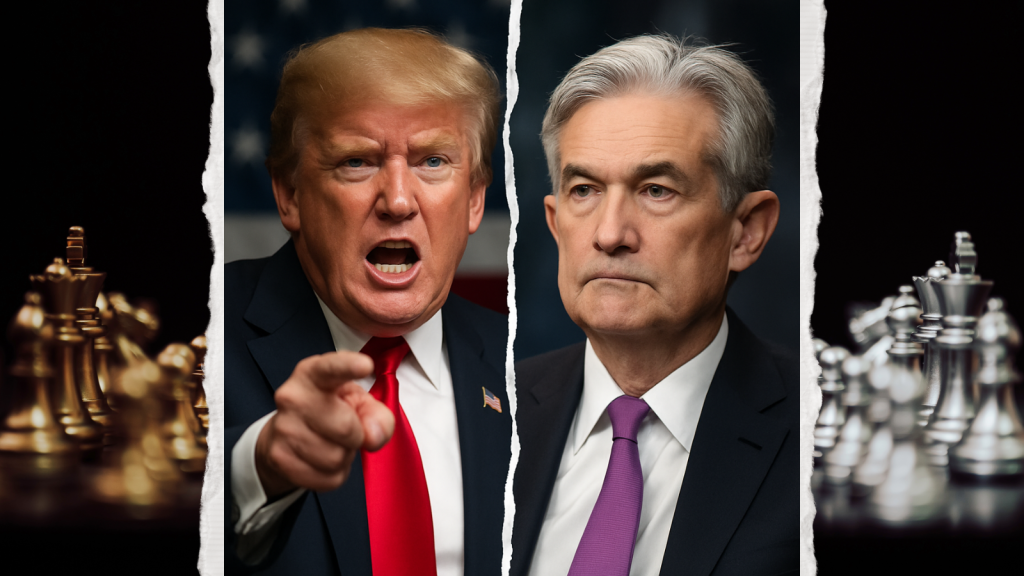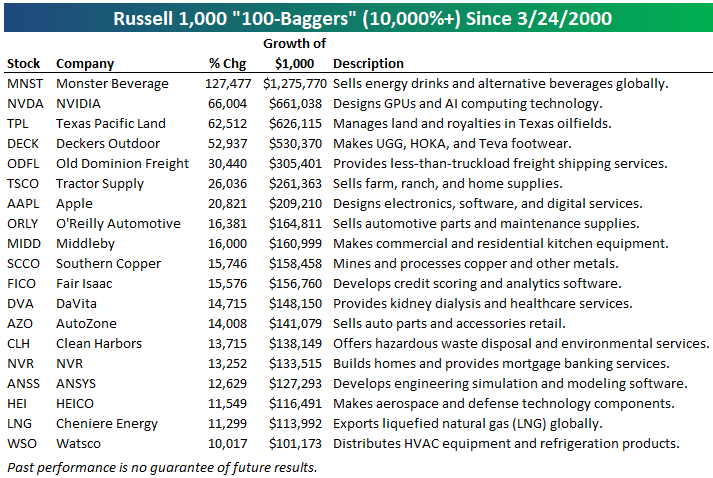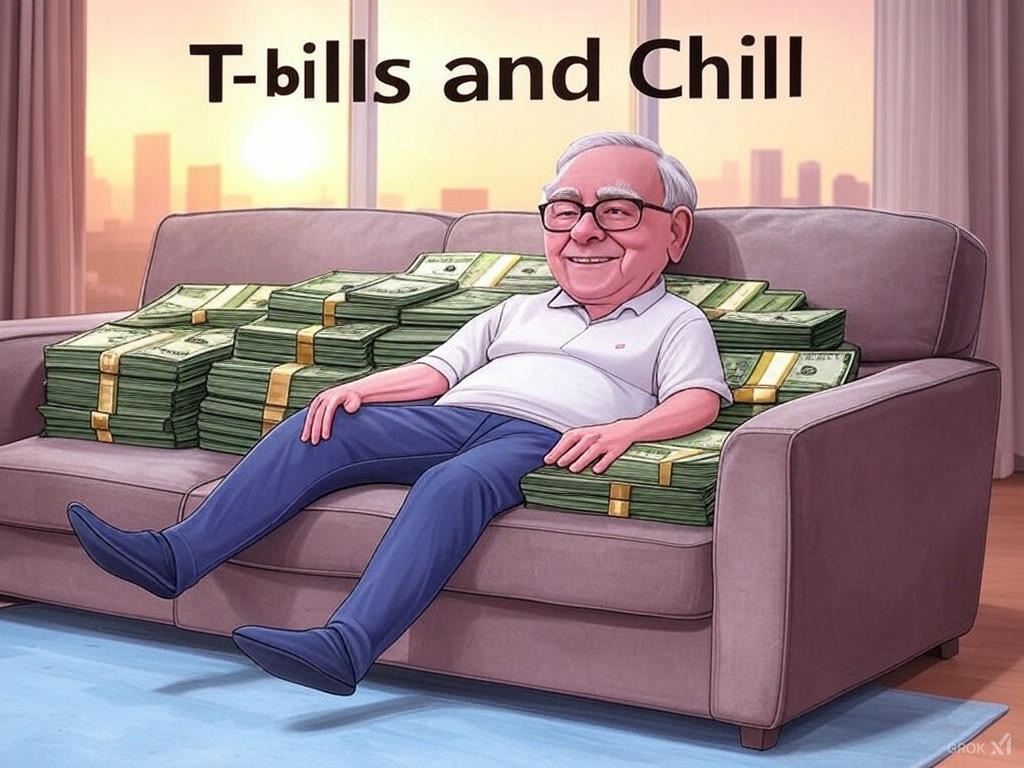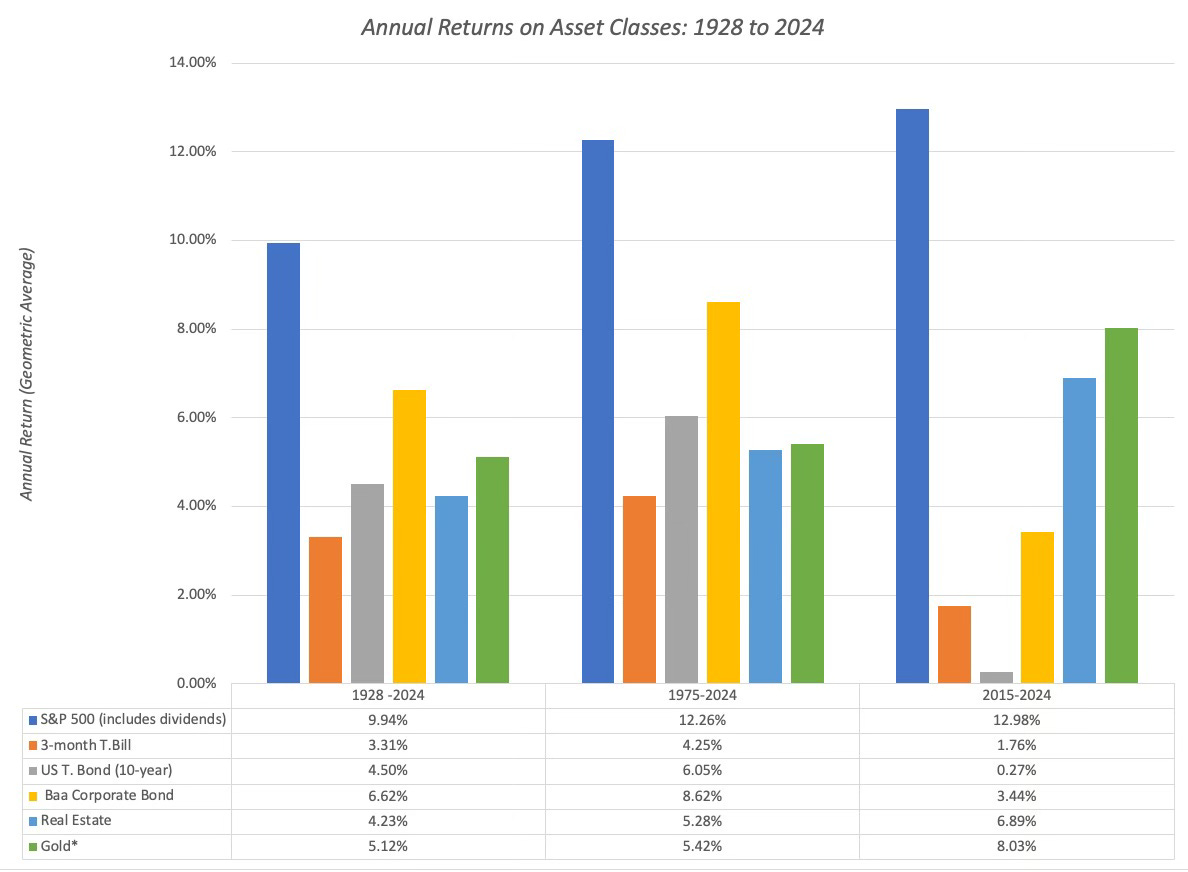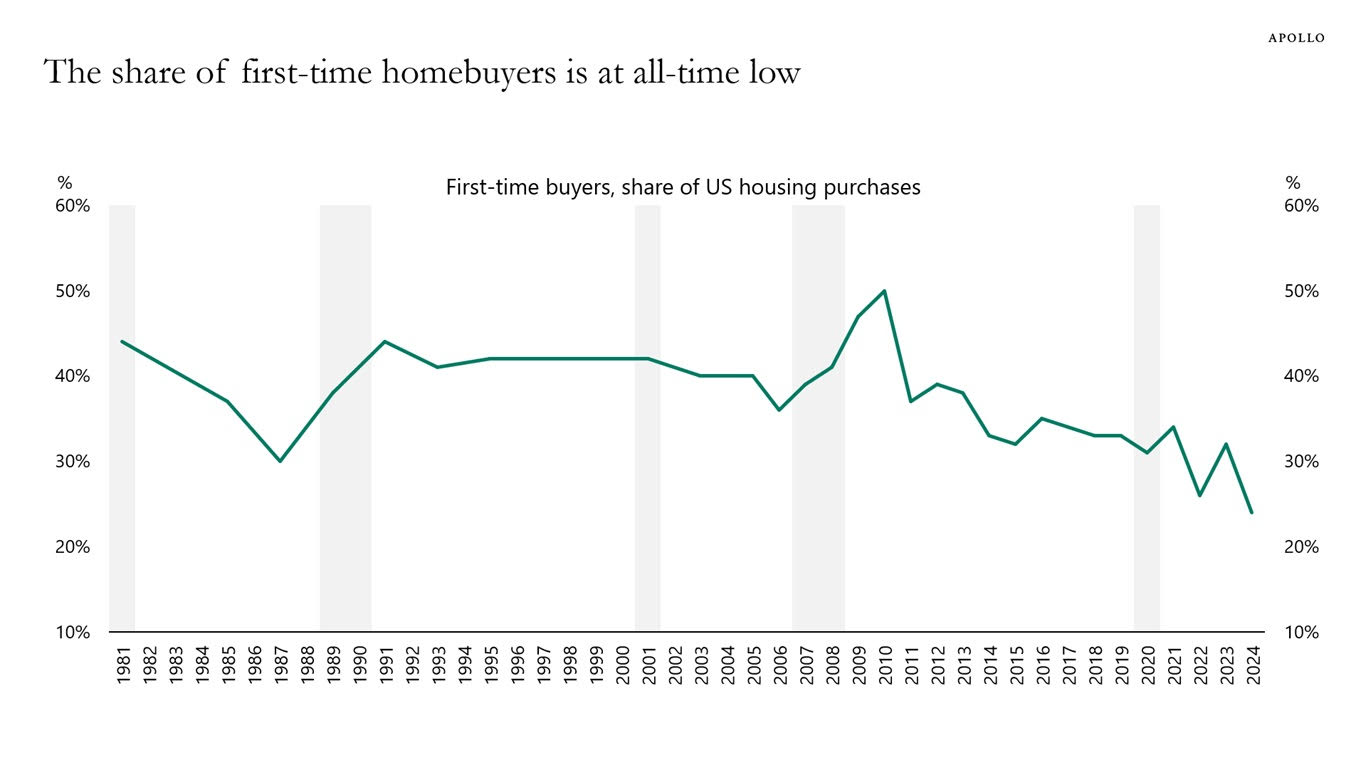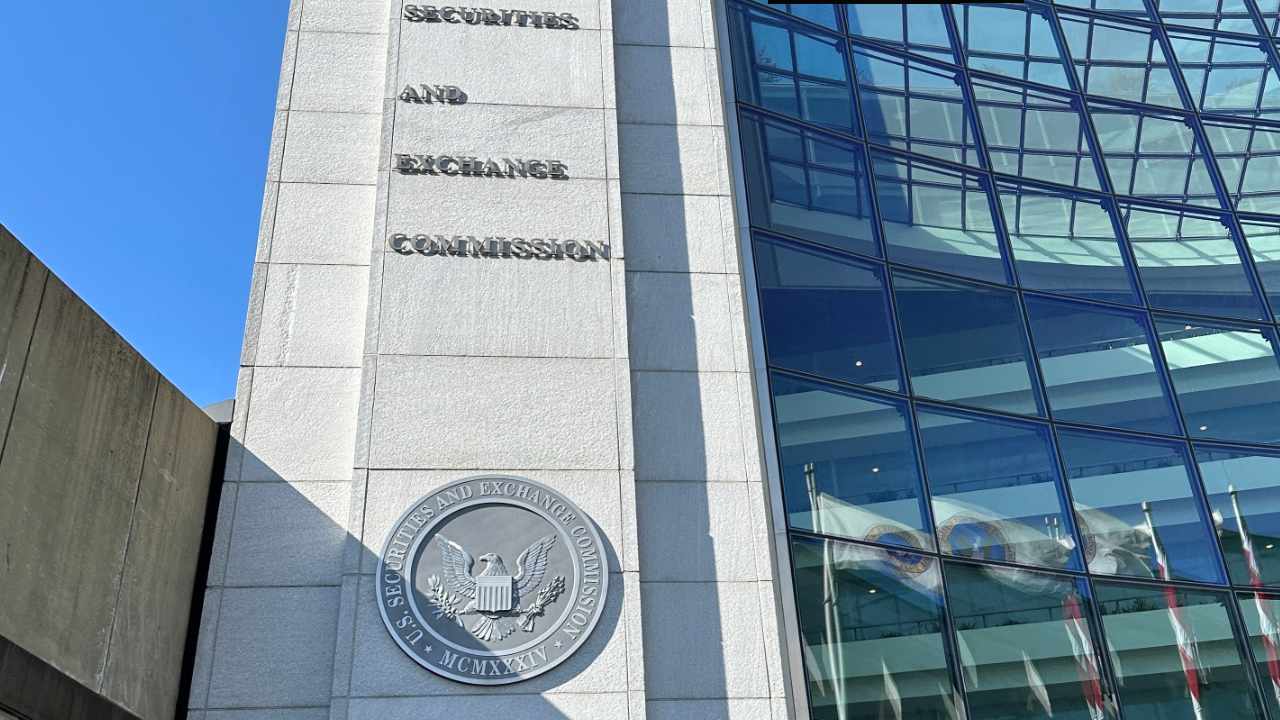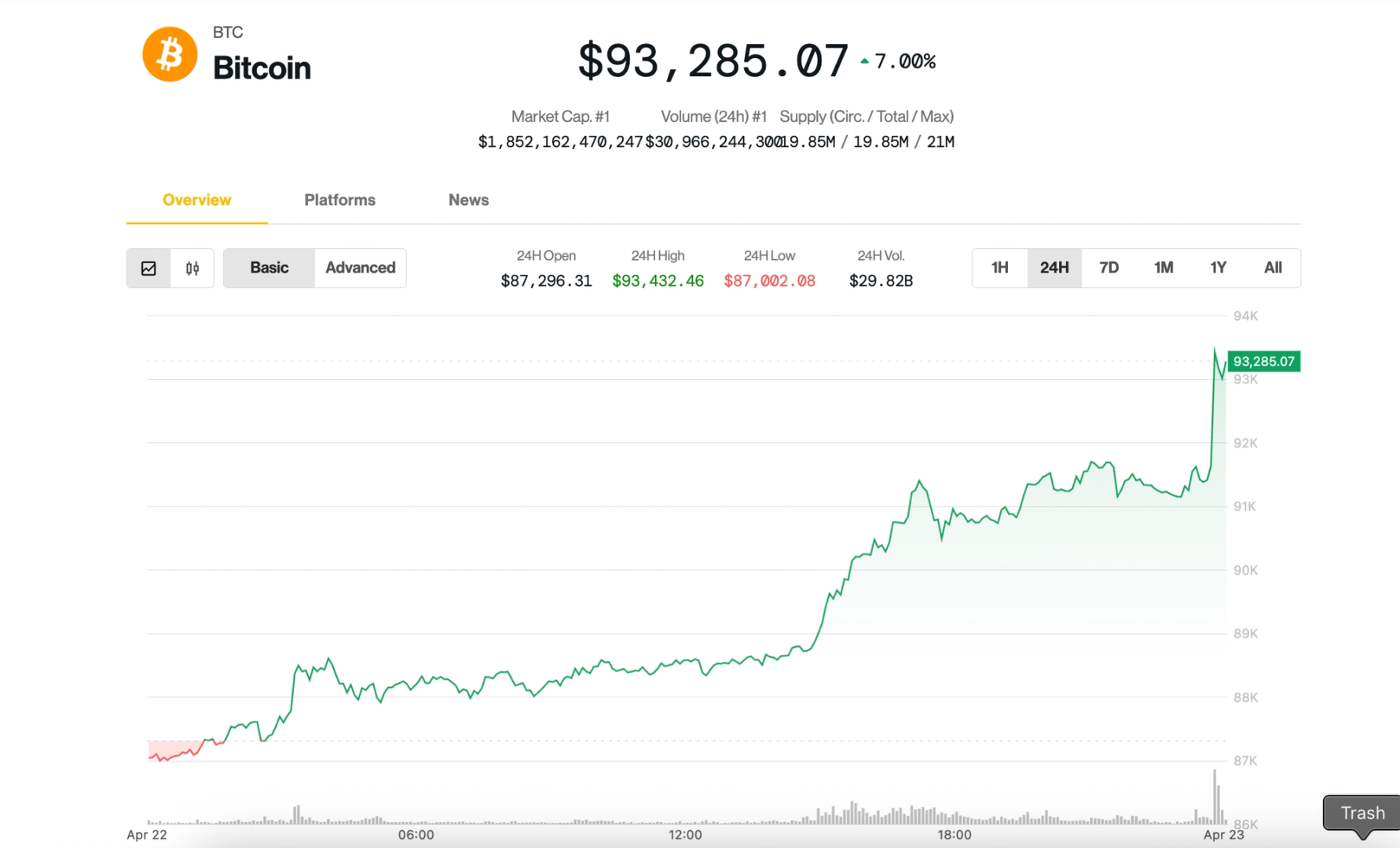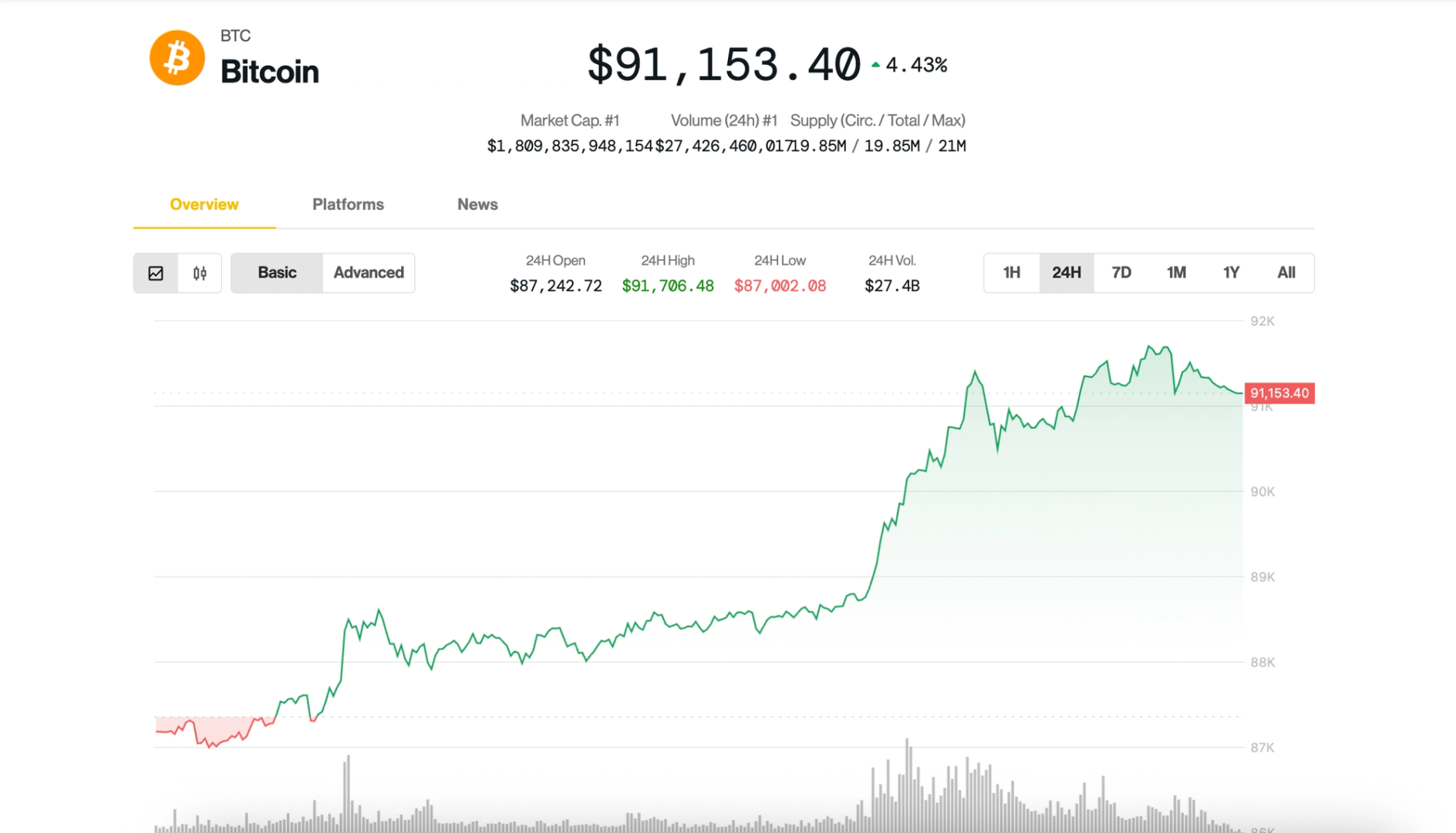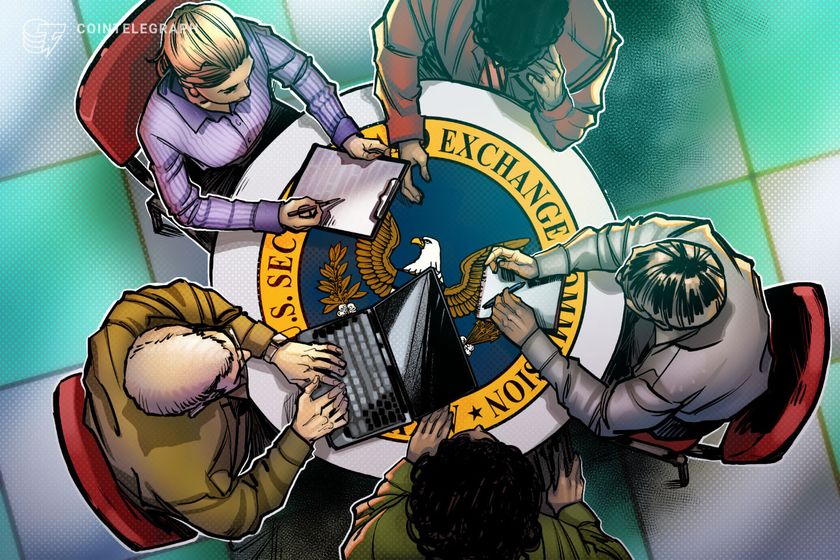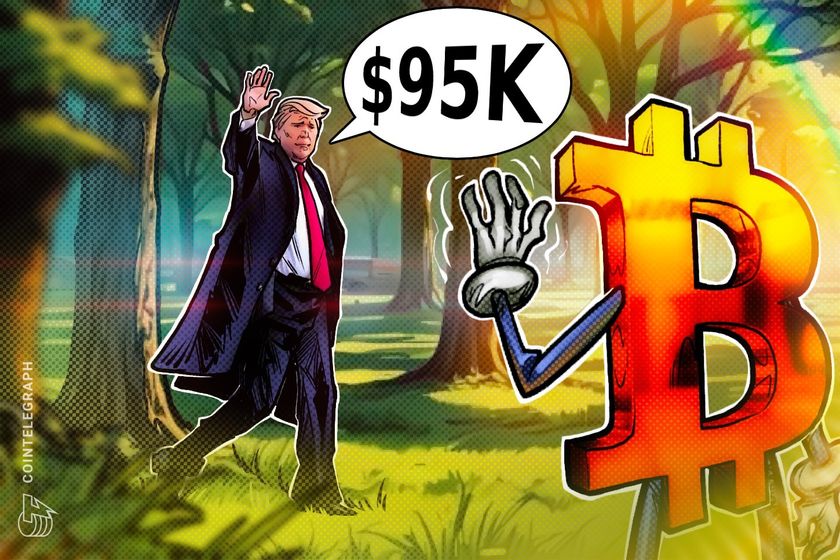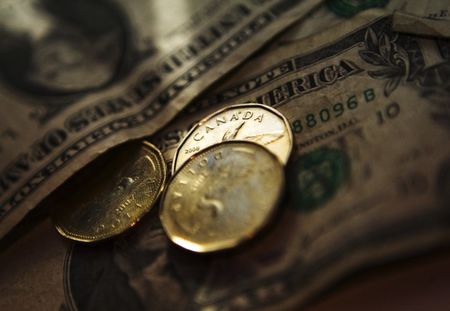Analyst says you should invest in United Airlines
Shares of most airlines have tumbled since the start of 2025.

While some airlines are faring better than others, all have felt the impact of the Trump administration's tariffs and broader economic uncertainty.
Delta (DAL) and United (UAL) shares fell by approximately 30% since the start of 2025, while American Airlines (AAL) stock is now down by nearly 47%. Low-cost carriers like Frontier Airlines (FRON) have experienced even more drastic drops.
Don't miss the move: SIGN UP for TheStreet's FREE Daily news
More revenue streams and loyalty programs: this is what matters most to investors
"Revenue growth is anticipated to be lower than expected due to weakened demand in March, resulting in fare discounting and promotions across the industry, amplified by the close-in nature of Frontier's bookings," the latter airline said when announcing that it expects lower-than-expected revenue growth in the first quarter.
Related: Delta, United stocks tank after tariffs
Analysts have repeatedly signaled that full-service airlines stand on firmer ground than do budget ones. On April 22, Bank of America (BAC) analysts reaffirmed their Buy rating for United Airlines; the $90 price target was reduced from the previous $100.
In an investor note, transportation analyst Andrew Didora said that the airline is well positioned for the future due to diversification across corporate, leisure, and premium income streams as well as a strong loyalty program that will continue to generate cash flow, even in the event of a recession.
The lowering reflects decreasing consumer confidence and an environment in which many are watching their spending more carefully and avoiding discretionary travel.
Over at TD Cowen, aviation analyst Tom Fitzgerald similarly reiterated the Buy rating, while on the contrary, raising the price target from $73 to $88. Image source: TheStreet/Shutterstock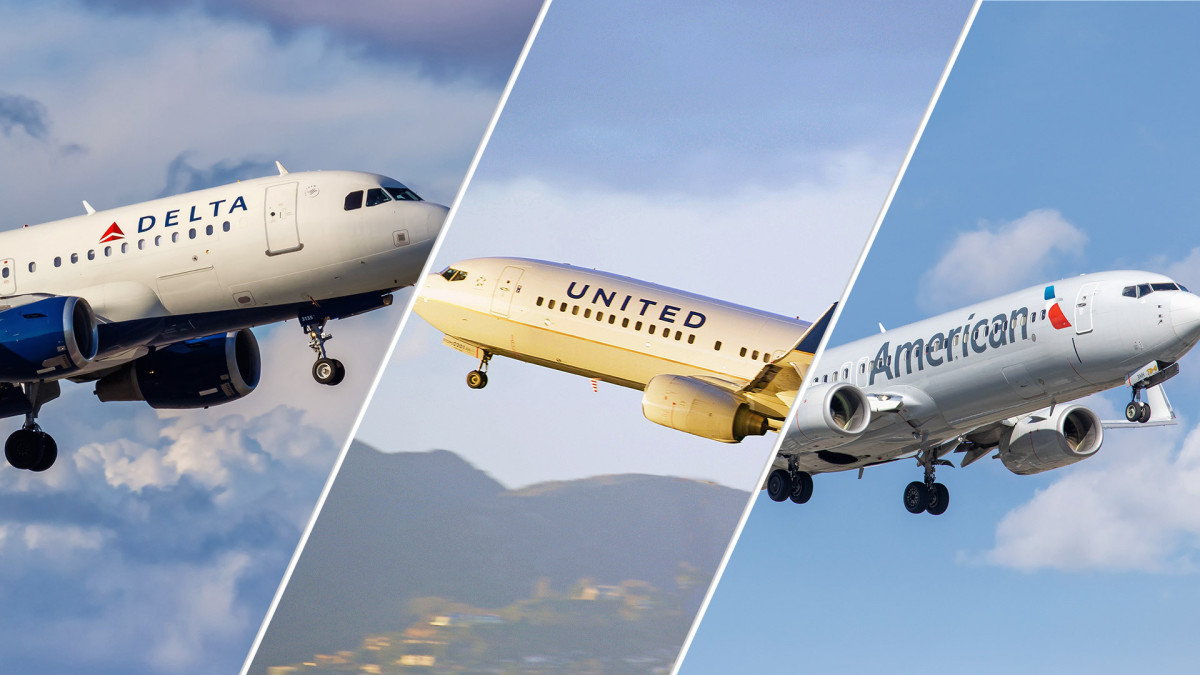
'Airlines that have healthier balance sheets overall': TD Cowen
"The big differentiator will be airlines that have healthier balance sheets overall," Tom Fitzgerald, an analyst with TD Cowen, told TheStreet at the start of April. While earlier speaking of Delta, he also said airlines that have more unencumbered assets they "can borrow against to source liquidity" will be much better-positioned to withstand ebbs and flows of the economy.
Analyst averages for the airline currently show a Strong Buy rating with a $96.86 price target. On the hedge fund side, Capital World Investors lifted its stake in the airline by 22%, increasing its ownership in United by an additional 1,791,654 shares.
More on travel:
- United Airlines places big bet on new flights to trendy destination
- Government issues new travel advisory on popular beach destination
- Another country just issued a new visa requirement for visitors
On April 22, United released an unusual earnings report in which it maintained its full-year forecast of $11.50 to $13.50 per share but gave a second forecast of between $7 and $9 should the country slip into a recession exacerbated by Trump's tariffs. Three weeks earlier, it reported first-quarter revenue of $13.21 billion and a net profit of $387 million.
"The Company's outlook is dependent on the macro environment which [it] believes is impossible to predict this year with any degree of confidence," United said in a filing to the Securities and Exchange Commission (SEC).
Delta CEO Ed Bastian similarly said that "broad economic uncertainty around global trade" was the reason the airline's "growth has largely stalled." Predicting 8% growth and a record year at the start of 2025, Delta now expects its annual revenue to increase by no more than 2%.
Related: Veteran fund manager issues dire S&P 500 warning for 2025




